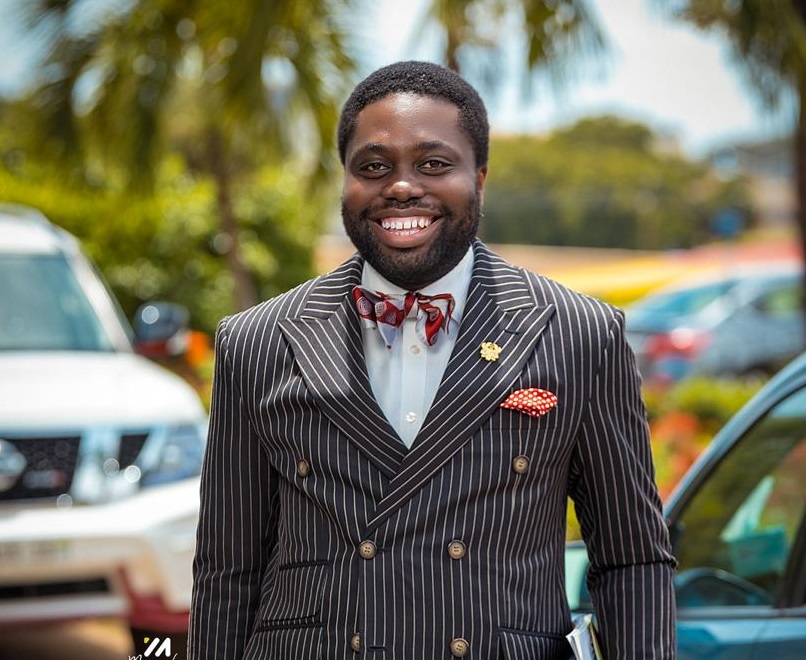Kow Essuman Writes
13, 7, 2025
395

In the exercise of high office, there are moments where sharing personal experiences helps the public appreciate the rationale behind certain decisions and their long-term implications.
I recall the events of Ayawaso West Wuogon with clarity. At the time, President Akufo-Addo was out of the jurisdiction on official duty in South Africa. Around midnight in Ghana (approximately 2:00 a.m. in South Africa) he called me to discuss the unfolding situation. He informed me that he had spoken with the then Attorney-General, Ms. Gloria Akuffo, regarding the establishment of a Commission of Inquiry, and directed me to liaise with her on the matter. He also requested urgent legal research, which I compiled and shared with him by morning. At 8:00 a.m., he followed up to ensure progress had been made.
Although outside the country, President Akufo-Addo was deeply troubled by the incident, particularly the public circulation of videos showing Hon Sam George alleging that a man had been murdered in his home and the subsequent assault on him. Such acts have no place in our constitutional democracy.
Vice President Dr. Mahamudu Bawumia shared the same sense of urgency. After finalising the Constitutional Instrument with the Attorney-General’s office, I met with the Vice President, who signed the Instrument and swore in the Commission the following morning. I coordinated with the Chief of Staff to ensure the Commission had the resources required to begin its work promptly.
The Commission was chaired by the eminent Mr. Justice Emile Short, former CHRAJ Commissioner, and included Professor Henrietta Mensa-Bonsu (as she then was) of the University of Ghana Faculty of Law, and Mr. Patrick Kwarteng Acheampong, former Inspector-General of Police. Mr. Ernest Kofi Abotsi served as Secretary and Mr. Eric Osei-Mensah as Counsel.
I worked behind the scenes to ensure the Commission had the logistical support needed to complete its mandate within the stipulated time. Its proceedings were public and transparent, reflecting the President Akufo-Addo’s desire to address the issue thoroughly and end the cycle of election-related violence in Ghana. The Commission, during the submission of its report to the President, acknowledged and commended both myself and the Chief of Staff for the support we provided.
Following the submission of the Commission’s report and the issuance of a Government White Paper, the Vigilantism and Related Offences Act, 2019 (Act 999) was passed. I had the privilege of drafting the bill in close collaboration with Attorney-General Gloria Akuffo and the then Majority Leader and Minister for Parliamentary Affairs, Hon. Osei Kyei-Mensah-Bonsu. The Act disbanded all vigilante groups in Ghana, with several named in the accompanying Schedule.
The New Patriotic Party (NPP), in compliance with the new law, disbanded all affiliated vigilante groups. This move, though consistent with our democratic aspirations, came at a significant political cost. While the NPP took the legal and principled path, the opposition National Democratic Congress (NDC) appears to have retained its groups under different guises. The consequences of that decision were visible during the collation of parliamentary results in December 2024, and more recently, in the violent scenes witnessed at Ablekuma North.
Hindsight is indeed instructive. The troubling incident involving the assault of a former Member of Parliament and Cabinet Minister raises fundamental questions: Who were these individuals? How did they emerge? Why did the police stand by, failing to protect her or apprehend the perpetrators?
If no action is taken now, there will be no moral or legal basis to dissuade others from reviving their own groups. The police’s failure to act constitutes a dereliction of duty.
Mr. President, the ball is now in your court. Respectfully, act decisively; and act now.
By Kow Essuman lawyer to President Nana Akufo-Addo
Powered by Froala Editor

